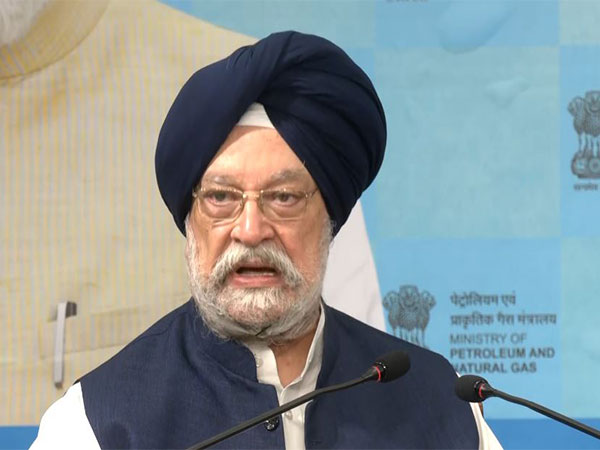India’s petrochemical industry is projected to surge to USD 300 billion next year, with the potential to grow to a staggering USD 1 trillion by 2040, according to Union Minister for Petroleum and Natural Gas, Hardeep Singh Puri. Highlighting the sector’s rapid transformation, Puri shared in a recent post that India is becoming a global petrochemical powerhouse under Prime Minister Narendra Modi’s leadership.
“Our petrochemical sector, once valued at USD 220 billion, is on track to reach USD 300 billion by 2025, with potential to touch USD 1 trillion by 2040,” Puri said. He added that the sector’s growth would contribute significantly to job creation and a sustainable, self-reliant future for India.
To attract global investors, the government has launched initiatives like the Petroleum, Chemicals, and Petrochemicals Investment Regions (PCPIRs) and allowed 100 percent Foreign Direct Investment (FDI) in the sector. India’s increasing population and growing middle class are fueling demand for a variety of products—from fertilizers to electronics—while positioning India as the world’s sixth-largest chemicals producer, though with considerable room to expand.
The government has implemented strategic policies and investments to support this growth, with Public Sector Undertakings (PSUs) like ONGC and BPCL collaborating with private companies on nearly USD 45 billion in new projects. Over the next decade, the government expects an additional USD 100 billion in investments in the petrochemical sector.
Despite its progress, India faces challenges, with around 45 percent of its petrochemical intermediates still imported. Speciality chemicals are another high-growth area, expanding at 12 per cent each year. India is taking inspiration from global chemical hubs, learning how to create clusters that drive innovation, achieve economies of scale, and develop world-class facilities.
(Inputs from ANI)














